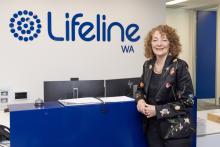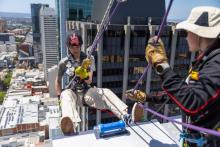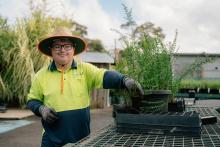Employment plays a key role in improving the lives of people struggling with mental health, as the stability of a paying job supports recovery and fosters new hope for the future.


Employment plays a key role in improving the lives of people struggling with mental health, as the stability of a paying job and the opportunity to make new connections support recovery and foster new hope for the future.
According to the Western Australian Mental Health Commission, employment often provides a person with a sense of identity and purpose, and they are more likely to be motivated to build a meaningful and functioning life outside of work.
MatchWorks, the employment services arm of national disability services provider genU, is dedicated to helping people living with or recovering from mental health issues to attain employment.
The MatchWorks team works closely with mental health experts to provide clients with foundational support as they embark on the daunting experience of re-entering the workforce.
The subsidiary of genU works closely with mental health experts to provide clients with foundational support as they embark on the daunting experience of re-entering the workforce.
"A job boosts self-esteem, increases social connections and creates a sense of purpose, which leads to overall improved mental health." MatchWorks general manager Sue Osman
MatchWorks collaborates with the Clinical Treatment Team based at Armadale Mental Health Service to deliver its Individual Placement and Support (IPS) program, assisting jobseekers living with mental illness.
The specialist employment program supports outpatients from the clinic by pairing them with an IPS consultant who works closely with the client to understand their barriers and strengths to provide tailored support on their journey to employment.
MatchWorks general manager Sue Osman said the IPS program was structured to help people find work that suited their goals and still enabled them to prioritise their mental health recovery.
“Our IPS consultant works closely with the outpatients clinical team at the Armadale Mental Health Service to understand our participants’ barriers and provide tailored support on their employment journey,” Ms Osman said.
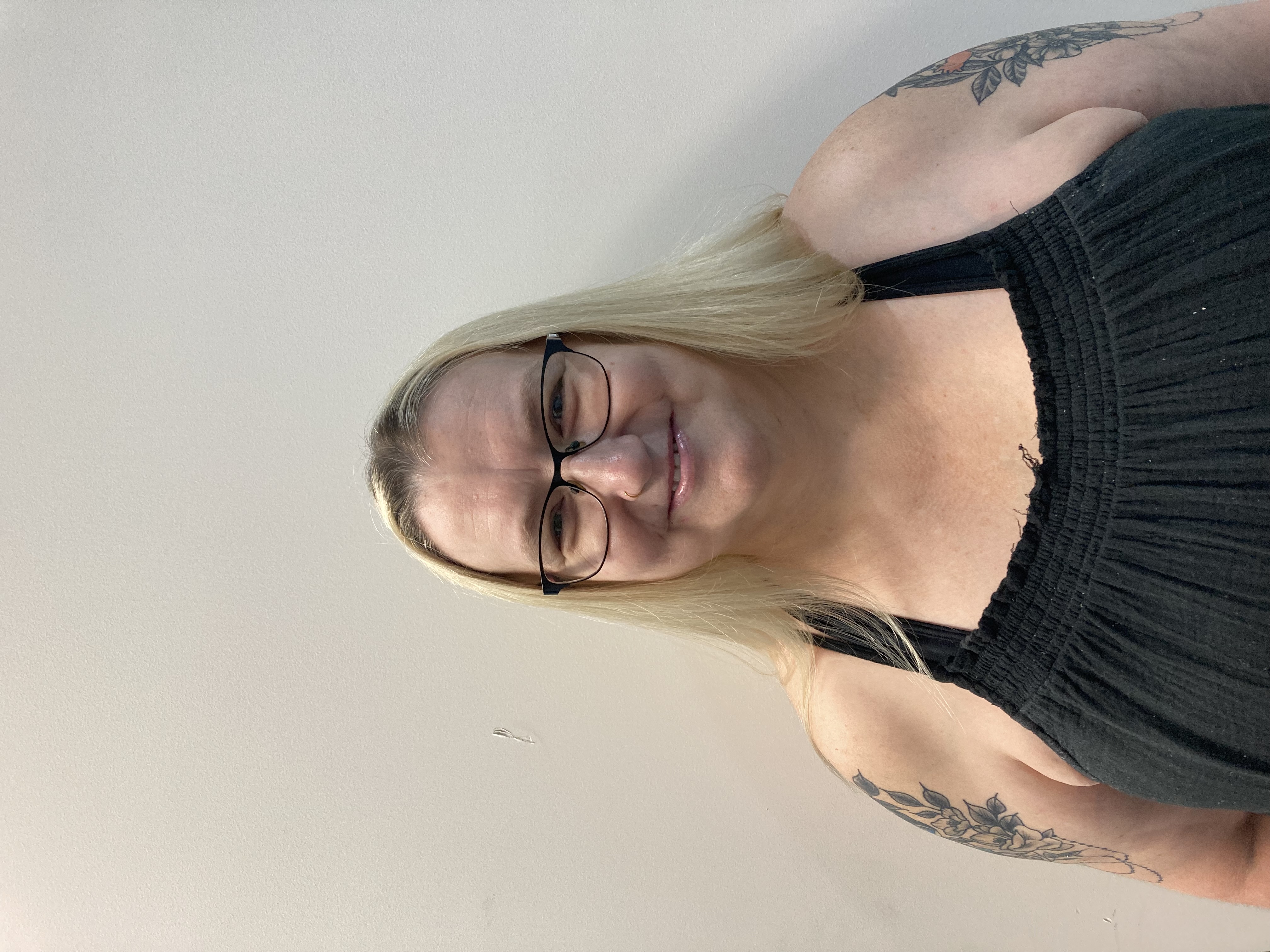
Jantelle connected with the IPS program in 2024, receiving support that led to her successful employment.
“A job boosts self-esteem, increases social connections and creates a sense of purpose, which leads to overall improved mental health,” Ms Osman said.
“That’s why we provide as much support as possible to help our participants gain meaningful work and ensure they have everything they need in place to achieve success.”
One of the clients who connected with the IPS program in 2024 was Jantelle, and she worked closely with her dedicated IPS consultant Rachael to discuss her interests, strengths and weaknesses.
Together they identified business administration and delivery work as areas of interest for Jantelle and they spent time sharpening her interview skills and rebuilding her confidence before exploring opportunities for employment.
“Rachael’s support meant everything during a really tough time,” Jantelle said.
“I was struggling to find the right opportunities and was feeling stuck. She helped me feel more prepared, more confident and ready to re-enter the workforce.”
"The mental health support was excellent, and I want to emphasise how the collaborative assistance was crucial in my progress." IPS program client Jantelle
Gosnells Community Legal Centre contacted MatchWorks in November last year in search of a person to fill a part-time receptionist role.
They were not only seeking someone with the relevant admin experience, but for someone who could bring warmth and lived experience to the role.
IPS consultant Rachael and MatchWorks employment engagement partner Ash identified Jantelle as a perfect fit and discussed the opportunity with her and helped her prepare for the interview.
With the IPS program support behind her, Jantelle impressed the legal centre team in her interview and was offered the job.
She is now working two days a week as an administration officer and said returning to the workforce had changed her routine and put her back onto her feet.
“I feel more confident, less stressed and proud to be working again,” Jantelle said.
She added that it was unlikely she would have succeeded in gaining work without the support provided by the IPS program.
“Finding employment independently can be quite challenging…the mental health support was excellent, and I want to emphasise how the collaborative assistance was crucial in my progress,” Jantelle said.
“It has made a real difference to my mental health and taken away some of the financial pressure.”
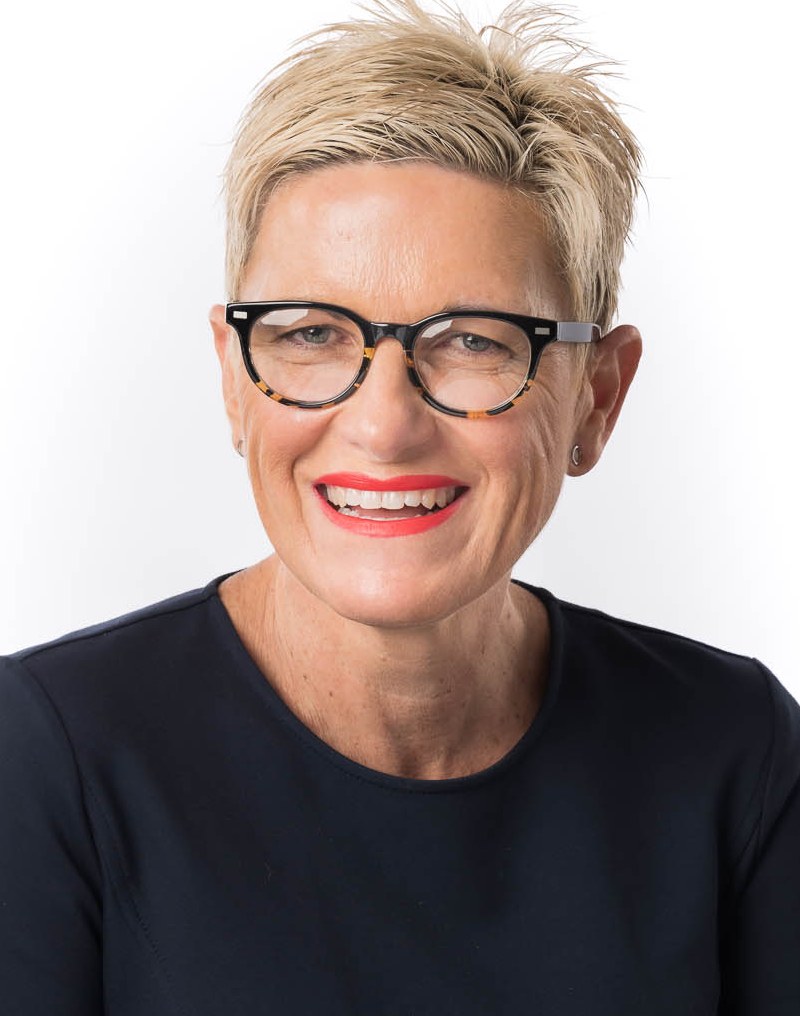
MatchWorks general manager Sue Osman says the IPS program helps people find work that suits their goals.
Finding employment has enabled Jantelle to achieve financial stability, with the pay allowing her to regularly purchase healthy food, maintaining her dietary requirements, and she can also afford necessary medication, including private prescriptions.
Ms Osman said employment had a compounding effect for people who have overcome struggles to resume laying the foundations of a positive and fulfilling life.
“We believe people like Jantelle gain many benefits from employment [and] it is a beneficial part of their recovery journey,” Ms Osman said.
“We are so proud of Jantelle and what she has achieved. Her story shows that with the right support, returning to work is possible no matter how long you have been out of the workforce.
“For employees, taking time off work is a last resort and they have generally struggled for some time and have been trying to work things through while remaining at work.
“Employees often want to repay the faith shown in them when their mental health has improved and they are able to return to work and go back to being a productive member of a team.
“We have seen how our holistic support makes a positive difference for people in mental health recovery finding meaningful employment and performing to the best of their abilities.”





